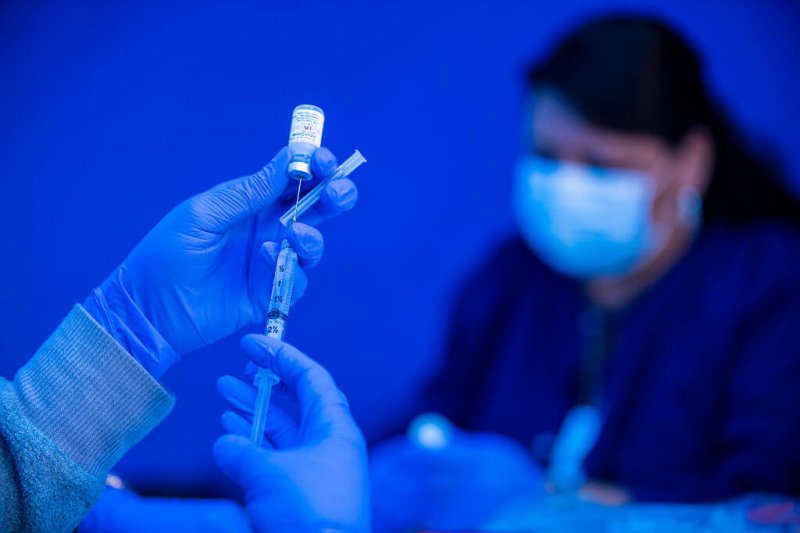Plenty of research in COVID-19 indicates a likely long-lasting response to the vaccine or infection. Here are seven of the most compelling reasons:
…
Reason #6: T cell responses from vaccination and natural infection with the ancestral strain of COVID-19 are robust against variants
Even though antibody responses from vaccination may be slightly lower against various COVID-19 variants of concern that have emerged in recent months, T cell immunity after vaccination has been shown to be unperturbed by mutations in the spike protein (in the variants).
For instance, T cell responses after mRNA vaccines maintained strong activity against different variants (including P.1 Brazil variant, B.1.1.7 UK variant, B.1.351 South Africa variant and the CA.20.C California variant) in a recent study.
Reason #7: Coronaviruses don’t mutate quickly like influenza, which requires annual booster shots
Coronaviruses are RNA viruses, like influenza and HIV (which is actually a retrovirus), but do not mutate as quickly as either one… If the virus mutates, it usually goes back and self-corrects. Mutations can arise with high rates of replication when transmission is very frequent — as has been seen in recent months with the emergence of SARS-CoV-2 variants during surges. However, the COVID-19 virus will not be mutating like this when we tamp down transmission with mass vaccination.
In conclusion, I and many of my infectious disease colleagues expect the immunity from natural infection or vaccination to COVID-19 to be durable. Let’s put discussion of boosters aside and work hard on global vaccine equity and distribution since the pandemic is not over until it is over for us all.































